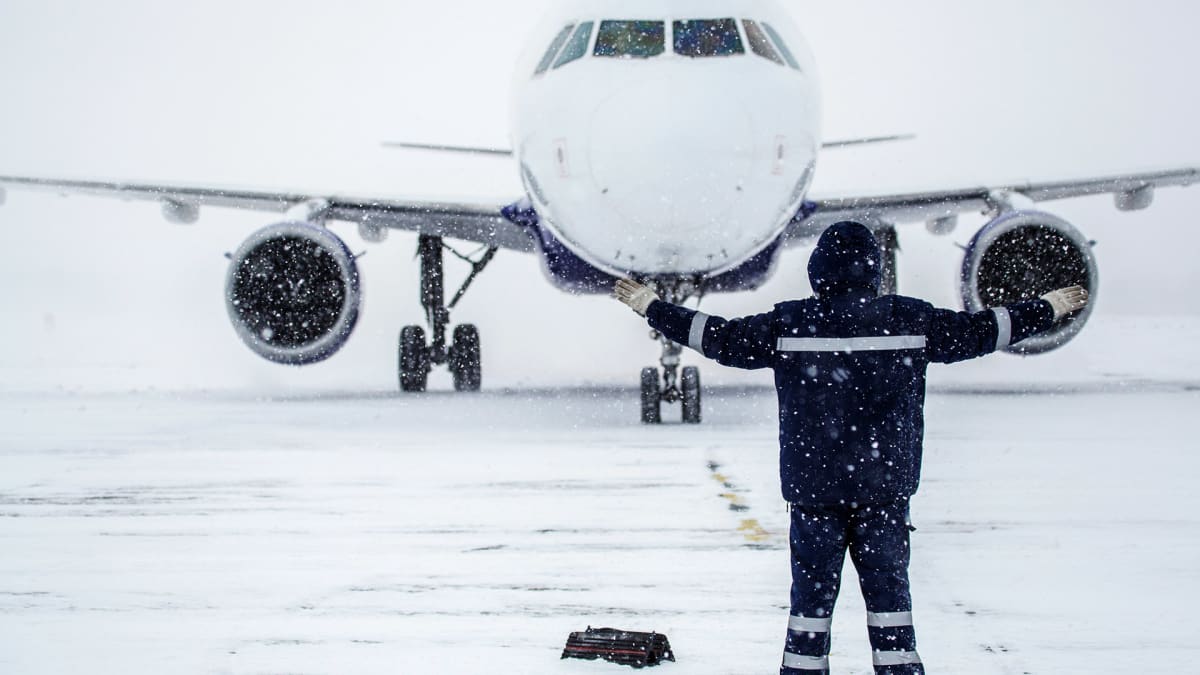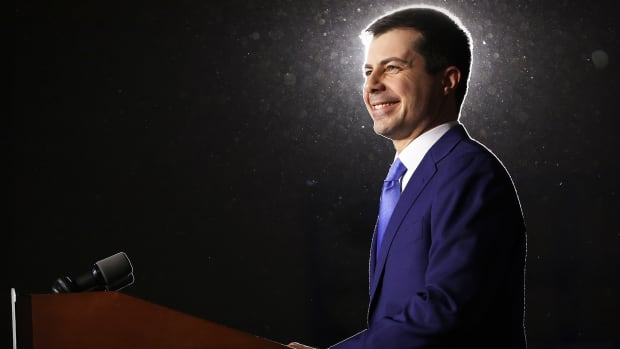
As soon as Pete Buttigieg was appointed Transportation Secretary, the one-time Presidential candidate made it clear he had no intention whatsoever of coddling the airline industry.
The man once known as Mayor Pete has been especially gloves off this year, sending a letter to the airlines that the recent spat of cancellations and delays were unacceptable. These aren't just numbers," Buttigieg said in the letter. "These are missed birthday, parties, graduations, time with loved ones and important meetings."
(According to information released by the Department of Transportation, 3.2% of U.S. flights were canceled and 24% were delayed during the first six months of the year.)
He’s also said that airlines need to provide meal and hotel vouchers for customers who experience lengthy delays, and that the Department of Transportation will launch a feature on its website that will let travelers compare what amenities airlines offer to customers during delays and cancellations.
He’s also called for airlines to disclose all ticket fees before you finalize your purchase, and is pushing for a proposal that would require airlines to issue vouchers, with no expiration date, when passengers are “unable to fly for certain pandemic-related reasons, such as government-mandated bans on travel, closed borders, or passengers advised not to travel to protect their health or the health of other passengers.”
And if an airline received airline or ticket agency received pandemic-related government assistance, they would be required to issue cash refunds instead of vouchers.
Buttigieg Has Nice Things To Say About The Airline Industry (For Now)
Buttigieg is not willing to let the airline industry get away with anything. But he’s also not without mercy.
He recently praised the industry for what he deemed was a relatively smooth Thanksgiving holiday week, especially compared to the summer or last year’s holiday travel. He’s been especially appreciative of the people who make the airlines run, taking to Twitter to say “Yesterday was the busiest travel day of Thanksgiving air travel, and the system did well,” and “Thanks again to America's aviation workers for all that you do.”
He also told “NBC Nightly News,” last month that “We’re definitely in a much better place, by the numbers, than we were this summer … but I do think, as we get ready for Thanksgiving and then the winter holiday travel season, we’re not out of the woods yet.”

Win McNamee/Getty
Buttigieg Is Keeping His Eye On The Airlines During Winter Travel
But now thats he’s shown that’s fully capable of giving credit where credit is due, Buttigieg has made it known he’s willing to put some coal in some stockings, if that’s what it comes to.
Owing to a number of heavy snow and rain storms developing in many parts of the country, he’s warned that traveling for Christmas, Kwanzaa and Hanukkah could be very difficult this season.
“We have not just a large portion of the country affected by these winter storms, but that includes some of the key hubs for many of our airlines,” he said Wednesday on MSNBC’s “Morning Joe.”
Chicago’s O’Hare International Airport, a major hub for airlines like United Airlines, was already tracking more than 260 cancellations and 70 delays, as noted by Politico, which also reported that 3,300 flights, or about 7 percent, have been canceled nationwide.
Buttigieg says he is “going to be watching closely” airlines to see if they have made the improvements needed to be “more resilient than it was early this summer when we saw some of those extraordinary levels of disruption.” Along with many airline experts, Buttigieg has been calling for airlines such as Delta and United to hire more employees in every sector of the industry, from security to air traffic controllers to pilots, to make flying more smooth.
Though the airline industry, like many other businesses, have been struggling to hire enough people in the post-pandemic era.
“It’s going to be very important for that hiring to continue, that staffing to continue, to create some cushion in the system, especially when you go into days like this where there’s weather — nobody can control the weather, but you can control how resilient the system is,” he said.







